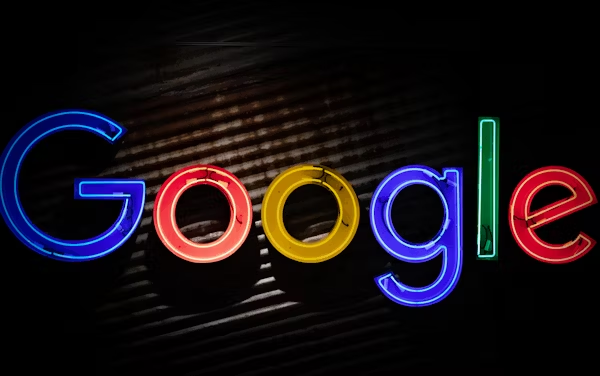The US government’s case against Google’s dominance in search has commanded global attention. Not since Microsoft faced trial in 1998 has Big Tech felt such risk. One year after Judge Amit Mehta branded Google a monopolist, he delivered remedies that critics call soft yet others see as consequential.
Chrome and Android survive the ruling
During the remedies phase, many expected drastic measures. Judge Mehta dismissed calls to spin off Chrome, the most used browser worldwide. The Justice Department also wanted oversight of Android to stop it from reinforcing Google’s grip on search and advertising. Both platforms remained untouched.
“These products expanded reach, blocked competition, and monetized dominance,” said John Kwoka, economics professor at Northeastern University. Regulators may get another chance later this month in a separate case targeting Google’s advertising technology empire.
Artificial intelligence shifts the landscape
The Justice Department filed its lawsuit in 2020, before generative AI became a mainstream force. “GenAI transformed this case,” Judge Mehta wrote, pointing to the surge of investment in the field. The pace of change has only accelerated since his finding that Google monopolizes search.
Google stands as a key AI player, often displaying generated answers above traditional results. Yet Judge Mehta argued that AI competitors hold the resources and strength to challenge Google where older firms could not. He admitted the difficulty of predicting a market evolving at lightning speed. “That is not a judge’s strength,” said Jennifer Huddleston, senior fellow at the Cato Institute. His caution shaped the remedies he imposed.
A mixed outcome for Big Tech
Analysts on Wall Street largely framed the decision as a win for technology companies. Still, Judge Mehta introduced obligations that could help rivals. Google must share sections of its search index with “qualified competitors.” The index functions as a vast map of the internet. Some challengers may even reuse Google’s results to gain space for innovation.
Google can continue paying Apple and Samsung for search prominence on devices and browsers. But exclusivity is now banned, giving partners greater freedom to consider alternatives. “The remedies could prove meaningful,” said Rebecca Hay Allensworth, antitrust expert at Vanderbilt University. She warned that avoiding a breakup does not mean Google won outright.
She underlined that Judge Mehta worked within limits set by the Microsoft case, where a breakup order was overturned. “It was always going to be difficult for this judge to achieve what his colleague was stopped from doing more than two decades ago,” Allensworth said.

